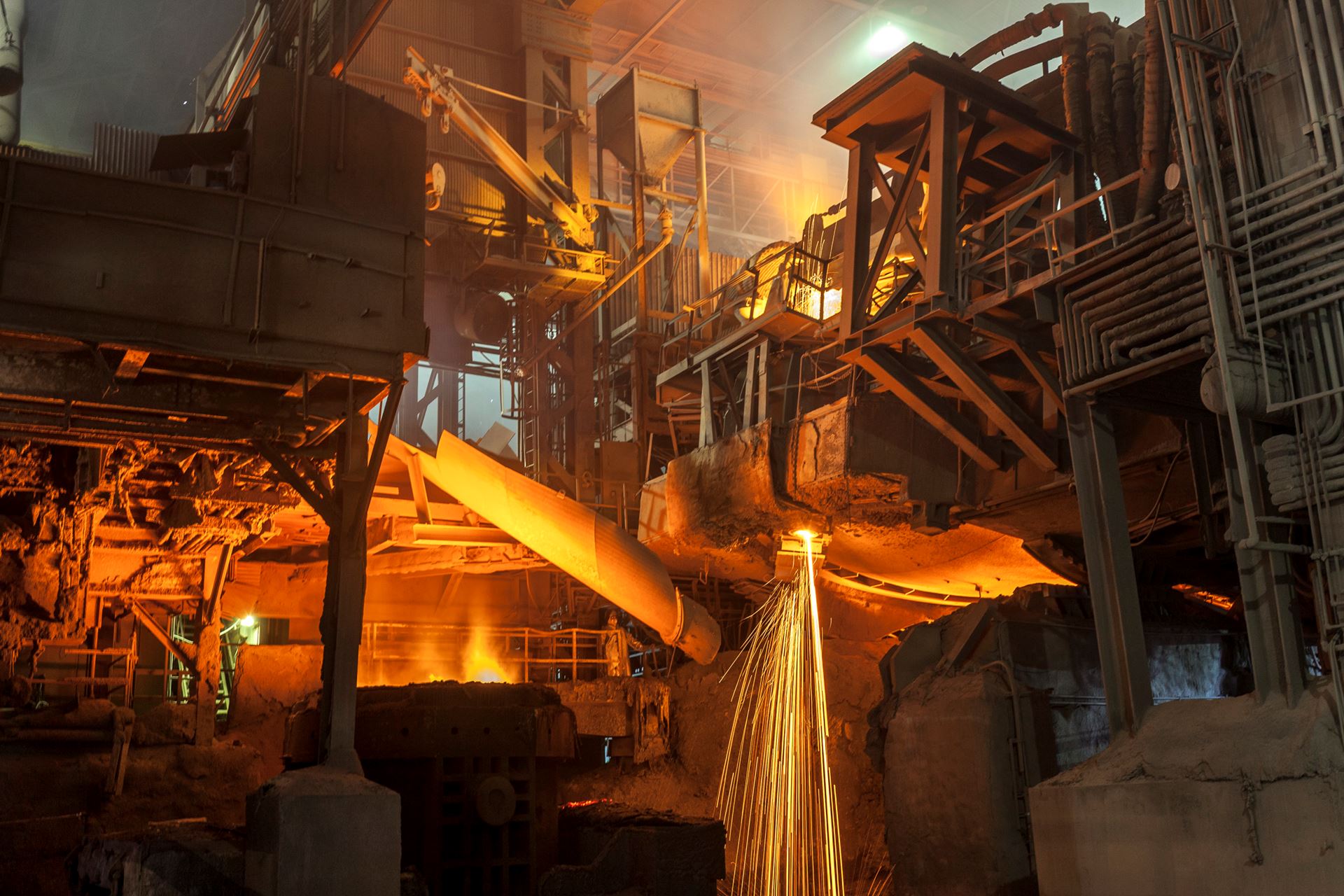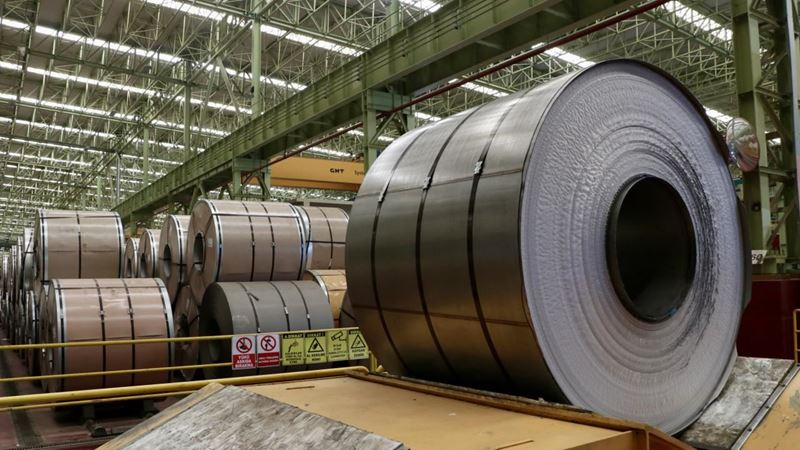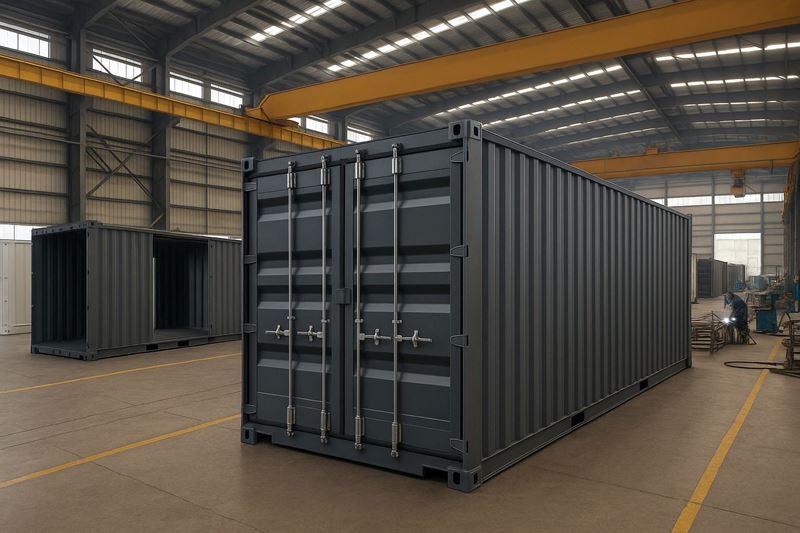The Organization for Economic Cooperation and Development (OECD) has issued a warning, calling for strong policies to be implemented to address the global oversupply of steel, which is currently hurting the profitability of the steel sector and putting downward pressure on prices.
In 2023, global crude steel production capacity reached 2.43 billion tons and is growing rapidly. A further 157 million tons of new production capacity could come online from 2024 to 2026. This overcapacity could trigger an increase in steel exports, similar to the increase seen in China in 2023, which could disrupt the operations of steel mills in various countries.
Forecasts suggest that new production capacity will exceed current total global steel exports by 2026, with most of this growth concentrated in Southeast Asia and India.
China's subsidies and large-scale exports are contributing to price declines in many countries, according to OECD research. In addition, oversupply is driving up global carbon emissions. The situation is further complicated by global trade policies such as anti-dumping measures and non-tariff barriers to trade, exacerbating the overcapacity problem.
Market experts warn that excess steel production capacity could prompt countries to create their own subsidy programs, which could worsen the global trade environment.











Yorumlar
Henüz yorum yapılmadı